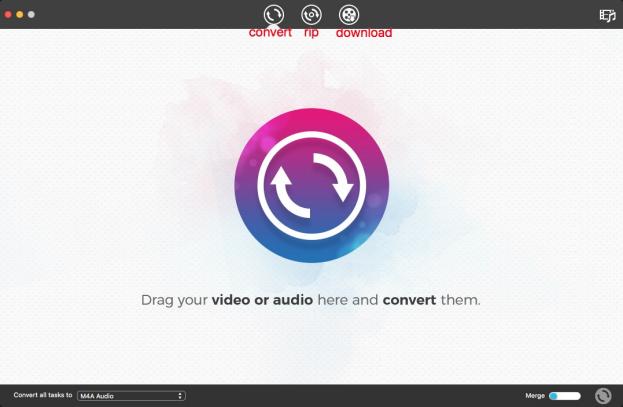
For instance, when you rip a CD, you have a dump.bin and a dump.cue, I'd re-use that idea. Those would also go well into the JSON, but it is not necessary. Not things like track title, artist, or album name. The data needed for PCM files is things like sampling rate, bits per sample, endianess, signed or not, etc. I've been editing quite a lot of JSON files manually, and I don't see any hardships in that. The original wav files are in /Music and the output flac files could go into /MusicFlac. flac files to a different directory tree. WAV files (ideally case insensitive), convert them to. And where it is not supported, it is easy to implement. The solution needs to recurse through subdirectories to find. Now, I'm quite a fan of JSON, for two or three reasons: It is easy to edit, and it is widely supported. Things like MP3 or M4A don't need external meta info dbs. I don't want an external db for meta information generally, I just need it where it is otherwise unprovided, as it is with PCM files.

oh and it is not hard to use ffmpeg in a way that it works only as decoder, piping (or tmp file) to say lame. DRM locks you into a sure hardware model for the lifetime of the music file. It is a system that restricts individuals from using their music in a variety of ways and is mostly frowned upon by music followers.
#HOW TO CONVERT FLAC TO ALAC USING FFMPEG WINDOWS WINDOWS 10#
Would you think JSON is human enough to be hand-written? DRM stands for alac to flac converter free windows 10 Digital Rights Management.


(This saves one from using lots of different metatagging tools and hopefully has some sort of abstraction layer, so that "standard" fields will land into correct locations., need more experimenting) Quote from: smok3 on 08:18:20 polemon: and what exactly would you use to put an external db back into any metadatable format? (hint: ffmpeg)ītw, I did some experimenting yesterday, it is possible to use ffmpeg to say convert alac to pcm+external_meta and later pcm+external_meta into say mp3.


 0 kommentar(er)
0 kommentar(er)
